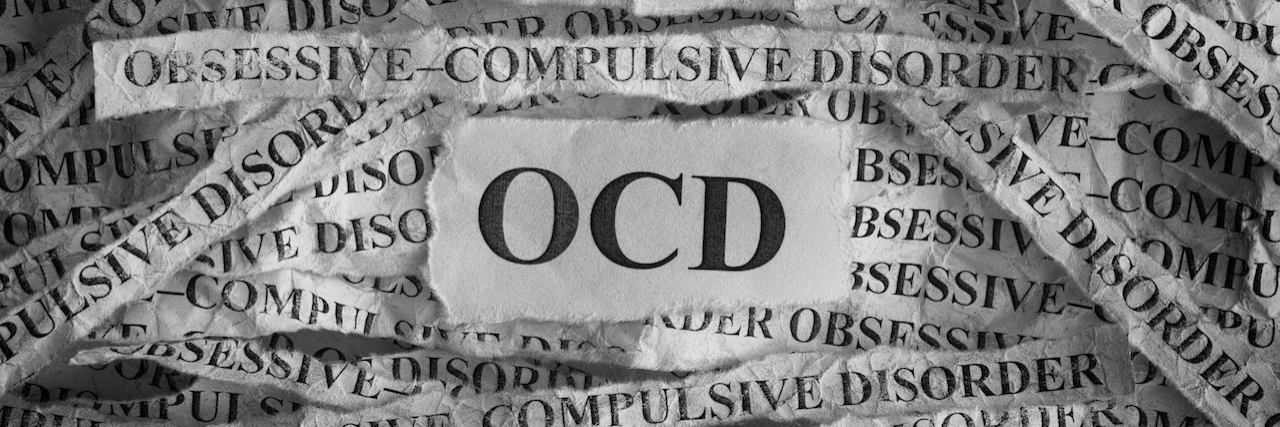The first time I ever heard the term “OCD,” I was in fourth grade. I remember asking my friends what it meant. No one could come up with a solid definition, and no one even knew what it stood for. I got the vague idea that it had something to do with being organized. Even though none of us knew for sure, we threw the term around anyway.
This seems to be the case for most people; they hear the term used casually, and learn to do the same, not ever knowing that OCD is in fact not a casual term at all, but a serious mental illness.
If I had never learned what OCD truly was, I’m sure I would have continued to misuse it. And I most likely would never have learned anything about it if I hadn’t been diagnosed with it.
But of course, not everyone learns the truth about OCD. Not many people are personally affected by it, and so they’ve never read the words “obsessive-compulsive disorder” on a diagnosis. They are never in a position to learn what the letters OCD stand for. Even if they do learn the name, they may never learn the actual severity of this illness, or that it is an illness at all.
And so it is quite common to hear the term thrown around loosely. It is quite common to see it made into cute little puns, like “Obsessive Christmas Disorder” or “Obsessive Coffee Disorder.” A friend of mine has encountered people who think the actual name is “Obsessive Cleaning Disorder.”
It’s truly disheartening to see that while this illness has torn apart the lives of so many, the rest of the world still sees it as a quirk or a joke. It’s painful to hear of people finally gaining the courage to open up about their struggles with it, only to be met with responses of, “Oh me too, I’m always cleaning,” or “You can’t possibly have OCD, your room’s a mess.” Or to work tirelessly to spread information on it only to see your efforts destroyed with a single social media post by Khloe Kardashian.
I don’t know how to win the fight against the stigma surrounding OCD. I can’t inform the entire world about it. I can’t help everyone affected by it. I can’t correct every single person who misuses the term. But I’ve decided that calling it by its full name is a good place to start.
In formal writing, there is a rule that an abbreviation cannot be used in place of a full name until the full name has been established. I believe this rule applies to discussing OCD as well. When there are so many people who don’t know anything about it, it’s important to introduce it by its full name. It’s important to be able to tell people about it in a way that will get them to take it seriously. Why? Because too many people suffer from it in isolation, and feel unable to tell anyone what they have. Too many people suffer without even knowing there is a name for what they have. Great strides are being made in advocacy for mental health, but there is still so much that needs to be done. As for OCD specifically, using its full name is a good place to start.
We want to hear your story. Become a Mighty contributor here.
Getty image via Professor25

